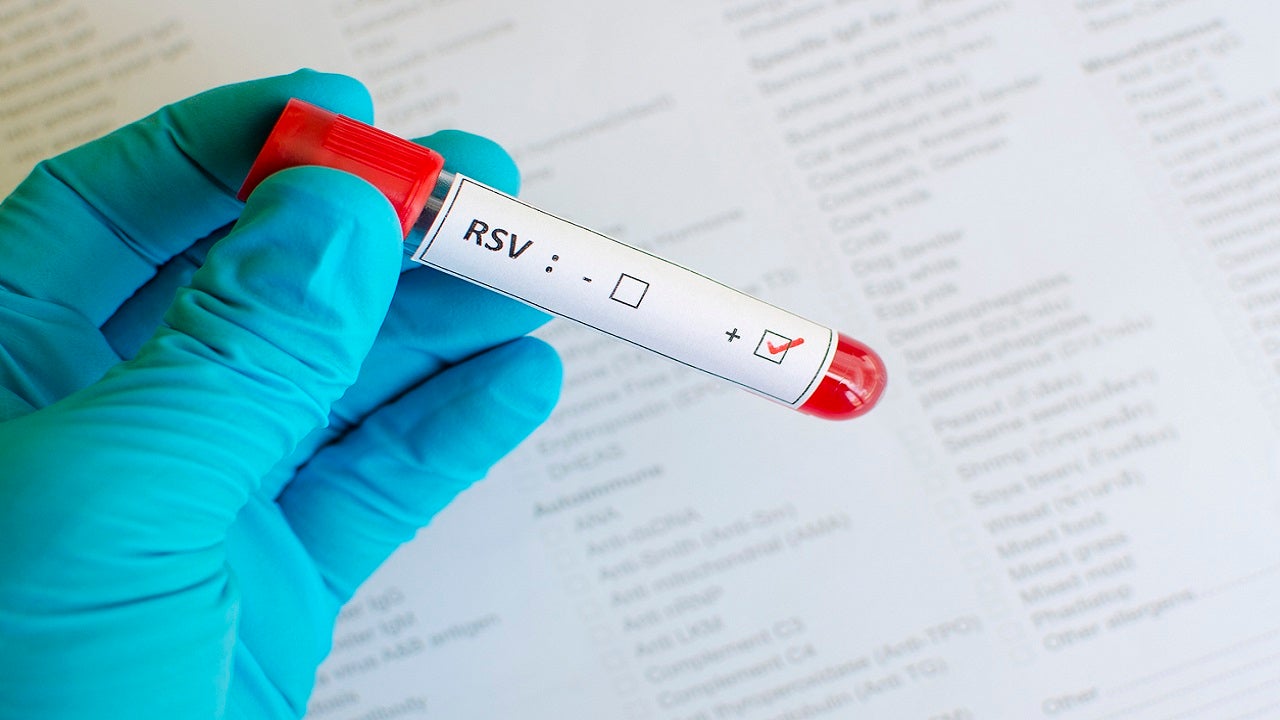The company behind an imaging agent meant to identify cancer said it received FDA approval on Thursday for use in patients with suspected metastasis or recurrence. Lantheus Holdings, Inc. said its PYLARIFY injection will now be immediately available in parts of the mid-Atlantic and southern regions, with availability expected to rapidly expand over the next six months.
PYLARIFY is an F 18-labeled prostate-specific membrane antigen (PSMA) targeted positron emission tomography (PET) imaging agent, and according to the company is the first and only such to be approved by the FDA. The scanning technology works through radioactive tracer molecules that are designed to bind to PSMA that doctors can use to locate on PET scans to detect cancer, according to the Prostate Cancer Foundation.
The new technology is more sensitive than traditional CT and bone scans and is specifically targeted to the PSMA protein found on the surface of prostate cancer cells, according to PCF.org.
US CERVICAL CANCERS FALL BUT OTHER SEX-RELATED CANCERS RISE
“The FDA approval of PYLARIFY is a significant milestone for Lantheus and the prostate cancer community in the United States,” Mary Anne Heino, president and chief executive officer of Lantheus, said in a news release. “We believe PYLARIFY represents a paradigm shift in the identification and management of patients with suspected metastasis or recurrent prostate cancer, providing more accurate and earlier detection of disease than conventional imaging so that doctors, along with patients and their families, can make more informed treatment decisions.”
CLICK HERE TO GET THE FOX NEWS APP
Prostate cancer is the most commonly diagnosed type of cancer in the U.S., excluding skin cancer, according to PCF.org. An estimated 1 in 8 men in the U.S. will be diagnosed with the disease at one point in their lives, with age being a major risk factor. It is diagnosed via biopsy, which typically occurs after doctors detect elevated prostate-specific antigen levels through a blood test.









